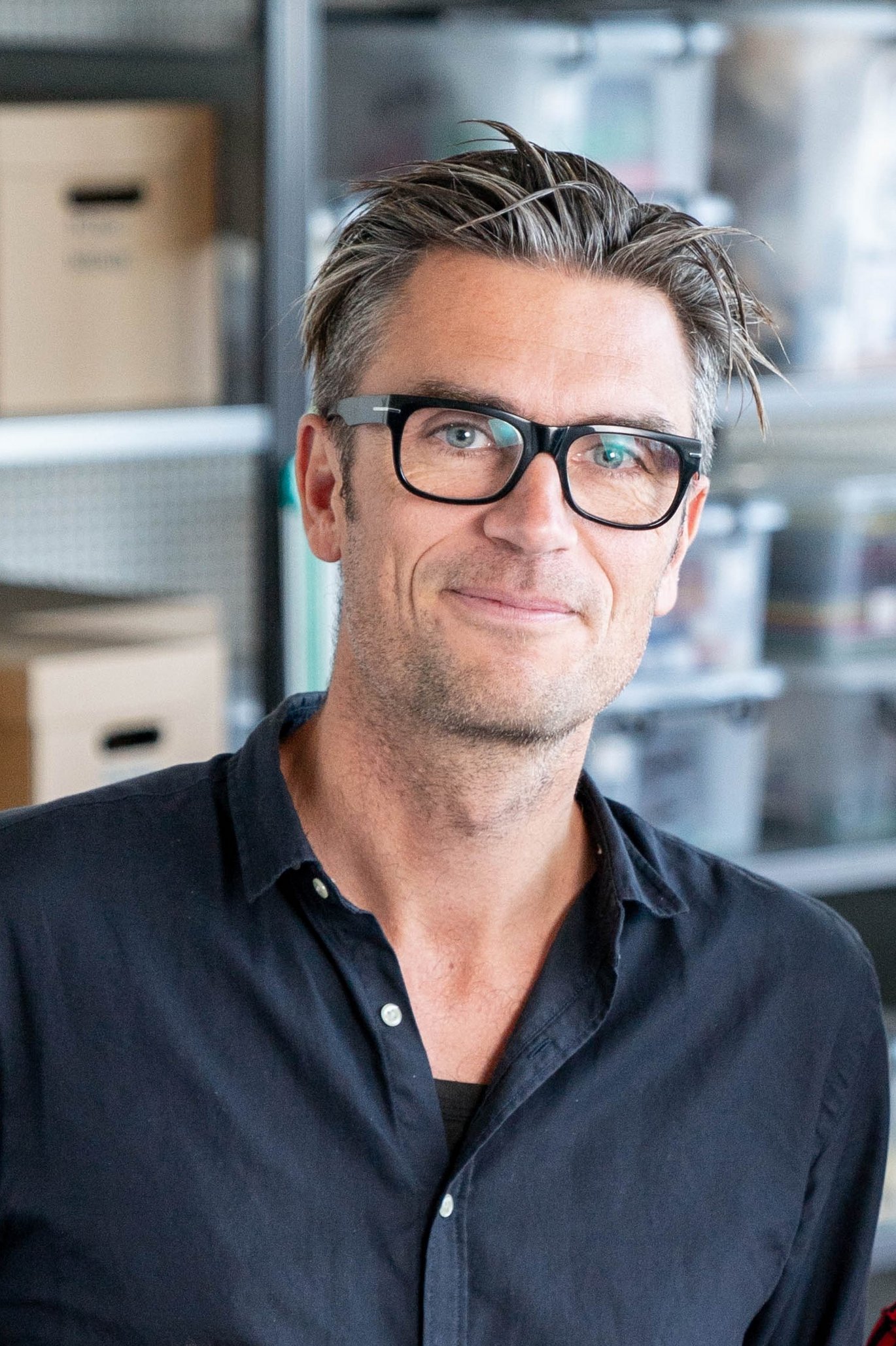Friday Lecture: Thomas Markussen - Disentangling ‘the social’ in social design

Info about event
Time
Location
Peter Bøgh Auditoriet, Finlandsgade 21, 8200 Aarhus
Disentangling ‘the social’ in social design
Social design is essentially concerned with how the practice of designing can be used to foster change and well-being for marginalized groups in society. Insofar as it aims at bringing about social value by empowering underserved citizens, social design is closely related to social innovation and social entrepreneurship, but there are significant differences. In the first part of this talk, associate professor Thomas Markussen will attempt to unravel how social design differs from its ‘sister arts’. By making a critical examination of both extant literature and case projects, he will introduce a conceptual framework which enables a clear theoretical disentangling of ‘the social’ in social design. Additionally, in the second part of the talk, Markussen will present rich empirical examples of how social design can be practiced and what kind of changes can be expected of the approach. More specifically, by drawing on results from the 3-year funded Social Games against Crime project, he will demonstrate how the co-design of the board game FÆNGSLET can help prisoners’ children cope with the problems resulting from parental incarceration. The board game is today fully implemented in the visiting rooms in all Danish prisons.
Bio
Thomas Markussen is associate professor and co-founder of the Social Design Unit, at the University of Southern Denmark (https://socialdesignunit.org). The Social Design Unit’s research competences lies in developing, designing and evaluating socially responsive interventions in close collaboration with the public sector, notably in the areas of patient empowerment; design for care of family relations in prisons; and citizen participation in public space. In his work, Markussen focuses on how design can be used as a political and critical aesthetic practice in the fields of social design, design activism and design fiction. His publications include journal articles such as “The disruptive aesthetics of design activism: enacting design between art and politics” (Design Issues); “Disentangling the ‘social’ in social design’s engagement with the public realm” (CoDesign); and “The politics of design activism – from impure politics to parapolitics” appearing in the book Design and Political Dissent: Spaces, Visuals, Materials published by Routledge.
